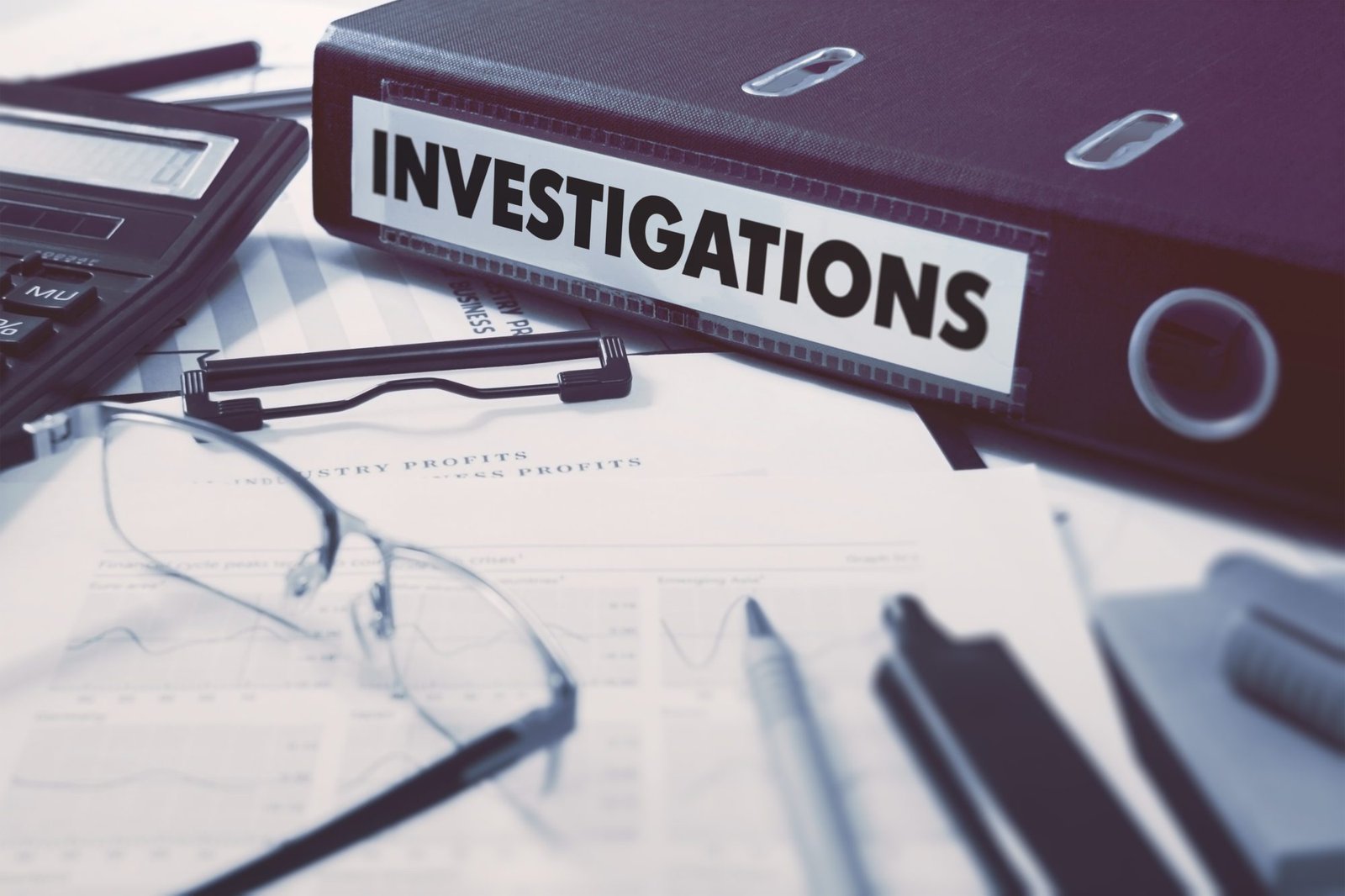Embarking on an investigation is akin to dissecting a complex organism, unraveling its intricacies layer by layer until the truth is revealed. Each element of the investigative process, from the initial clues to the final conclusions, contributes to a comprehensive understanding of the matter at hand. Let us delve into the anatomy of an investigation, examining the key stages and components that culminate in discerning conclusions.
- Initial Assessment and Clue Identification: Every investigation commences with an initial assessment, wherein investigators gather preliminary information and identify potential clues. Whether prompted by a tip, suspicious activity, or regulatory requirement, this stage sets the foundation for subsequent inquiry. Investigators meticulously catalog evidence, scrutinize witness statements, and assess the scene of interest to discern pertinent clues and avenues of exploration.
- Hypothesis Formulation and Strategy Development: With clues in hand, investigators formulate hypotheses and develop investigative strategies to test their validity. Drawing upon expertise, analytical tools, and investigative techniques, they construct a roadmap for inquiry, delineating objectives, timelines, and resource allocation. A well-defined strategy guides the investigative process, ensuring systematic and efficient progress towards resolution.
- Evidence Collection and Analysis: The crux of any investigation lies in the collection and analysis of evidence. Investigators employ a diverse array of methods, from forensic analysis and surveillance to interviews and document review, to gather relevant information. Rigorous analysis of evidence uncovers patterns, inconsistencies, and correlations, illuminating the underlying truth and informing subsequent inquiry.
- Interviews and Interrogations: Central to the investigative process is the interrogation of witnesses, suspects, and stakeholders. Through effective communication techniques, including active listening, rapport-building, and strategic questioning, investigators extract valuable insights and discern truth from deception. Interviews serve as a linchpin of the investigative process, yielding critical information that shapes subsequent actions and conclusions.
- Collaboration and Information Sharing: Collaboration among investigative teams and relevant stakeholders is essential to the success of any inquiry. By fostering open communication, sharing information transparently, and leveraging interdisciplinary expertise, investigators enhance their collective efficacy and insights. Collaboration facilitates a holistic understanding of the matter under investigation, enabling informed decision-making and comprehensive resolution.
- Synthesis and Interpretation of Findings: As evidence accumulates and insights emerge, investigators synthesize findings and interpret their significance within the broader context of the investigation. They discern patterns, draw connections, and assess the credibility of information to construct a coherent narrative. Through meticulous analysis and critical reasoning, investigators distill complex data into actionable insights that inform conclusions and recommendations.
- Conclusion and Reporting: The culmination of the investigative process is the formulation of conclusions and the preparation of a comprehensive report. Investigators meticulously document their findings, analysis, and conclusions, providing a detailed account of the investigative journey. Reports serve as a roadmap for stakeholders, conveying key insights, recommendations, and implications for decision-making and accountability.
By navigating the anatomy of an investigation with precision and diligence, investigators unravel the mysteries that lie beneath the surface, illuminating truth and delivering justice. From the initial clues to the final conclusions, each stage of the investigative process contributes to a comprehensive understanding of the matter at hand, empowering stakeholders to make informed decisions and effect positive change.




